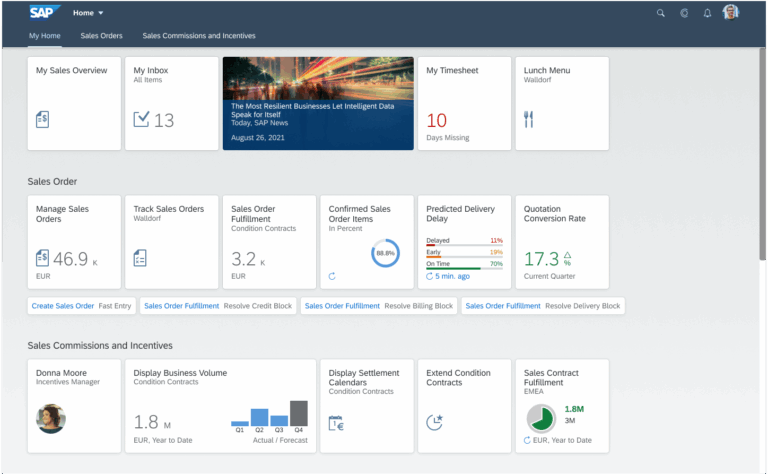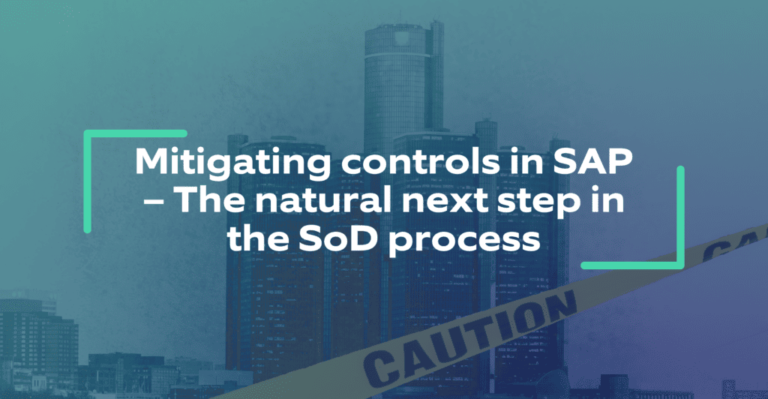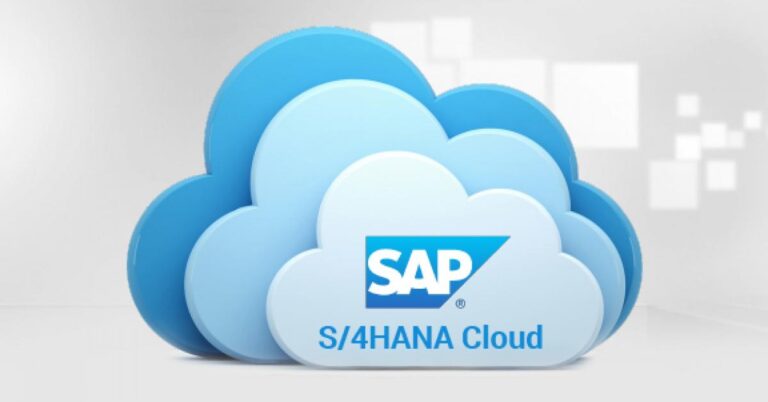SAP ASE: The Ultimate Guide to Adaptive Server Enterprise for High-Performance Transactional Databases
SAP Adaptive Server Enterprise (ASE), formerly known as Sybase ASE, is a high-performance relational database management system (RDBMS) designed for mission-critical, data-intensive environments. Optimized for online transaction processing (OLTP), SAP ASE is renowned for its speed, reliability, and scalability. YouTube+12Support Revolution+12SAP Community+12SAP
Originally developed by Sybase and now owned by SAP, ASE has been a trusted solution for enterprises requiring robust data management capabilities. Its architecture supports both on-premises and cloud deployments, providing flexibility to organizations in various industries.
Key Features of SAP ASE
SAP ASE offers a range of features that cater to the needs of modern enterprises:SAP+2SAP Help Portal+2SAP+2
- High Performance: Engineered for speed, SAP ASE delivers rapid transaction processing, making it ideal for applications where performance is critical.
- Scalability: Designed to handle large volumes of data and users, ASE scales seamlessly to meet growing business demands.
- Security: With advanced security features, including encryption and access controls, ASE ensures data integrity and compliance with regulatory standards.
- Flexibility: Supporting various deployment models, including on-premises, cloud, and hybrid environments, ASE adapts to diverse IT infrastructures.
- Reliability: Built-in high availability and disaster recovery mechanisms ensure continuous operation and data protection.
Benefits of Using SAP ASE
Implementing SAP ASE brings numerous advantages to organizations:
- Cost Efficiency: By optimizing resource utilization and reducing downtime, ASE lowers total cost of ownership.
- Enhanced Productivity: Fast data processing and minimal latency improve application responsiveness, boosting user satisfaction and operational efficiency.
- Simplified Management: Comprehensive tools and automation features streamline database administration tasks.
- Business Continuity: Robust backup and recovery options safeguard against data loss, ensuring uninterrupted business operations.
Real-World Applications of SAP ASE
SAP ASE is employed across various industries to support critical applications:
1. Financial Services

Banks and financial institutions utilize ASE for real-time transaction processing, risk management, and regulatory reporting. Its high throughput and reliability are essential for handling large volumes of financial data.Support Revolution+5SAP Community+5SAP Help Portal+5
2. E-Commerce

Online retailers rely on ASE to manage customer data, inventory, and order processing systems. The database’s performance ensures a seamless shopping experience for users.SAP Community
3. Healthcare

Hospitals and healthcare providers use ASE to store and manage electronic health records (EHRs), ensuring quick access to patient information and supporting clinical decision-making.
4. Telecommunications

Telecom companies deploy ASE to handle billing systems, customer relationship management (CRM), and network operations, benefiting from its scalability and uptime.
5. Government Agencies

Government entities implement ASE for secure data management in areas such as public records, taxation, and social services, leveraging its security and compliance features.
Implementing SAP ASE: Use Cases and Solutions
SAP ASE addresses various business challenges through its versatile capabilities:Support Revolution+1SAP+1
High-Volume Transaction Processing
Organizations with applications that require rapid processing of numerous transactions, such as point-of-sale systems or online booking platforms, benefit from ASE’s performance optimization.
Data Consolidation
Enterprises seeking to unify disparate data sources into a centralized repository use ASE to streamline data integration, improving data consistency and accessibility.
Disaster Recovery and High Availability
Businesses implement ASE’s replication and failover features to maintain data availability during system outages, ensuring resilience and continuity.
Regulatory Compliance
Companies in regulated industries utilize ASE’s security and auditing functionalities to meet compliance requirements, such as HIPAA or GDPR.
Cloud Migration
Organizations transitioning to cloud environments leverage ASE’s compatibility with cloud platforms to modernize their IT infrastructure while preserving existing applications.
Acquiring SAP ASE
SAP ASE can be obtained through various channels:
- SAP Store: Purchase licenses and explore deployment options directly from SAP’s official marketplace.
- Authorized Partners: Engage with certified SAP partners for tailored solutions and implementation services.
- Cloud Providers: Access ASE through cloud platforms offering managed database services, facilitating scalable and flexible deployments.
Frequently Asked Questions (FAQs)
Q1: What distinguishes SAP ASE from other RDBMS solutions?
SAP ASE is specifically optimized for high-performance OLTP workloads, offering exceptional speed, scalability, and reliability, making it suitable for mission-critical applications.
Q2: Can SAP ASE be integrated with existing applications?
Yes, ASE supports various programming languages and interfaces, allowing seamless integration with a wide range of applications and systems.Support Revolution+2Microsoft Learn+2Amazon Web Services, Inc.+2
Q3: Is SAP ASE suitable for small to medium-sized businesses?
Absolutely. SAP ASE offers scalable solutions that can be tailored to the needs of businesses of all sizes, ensuring cost-effective and efficient data management.






